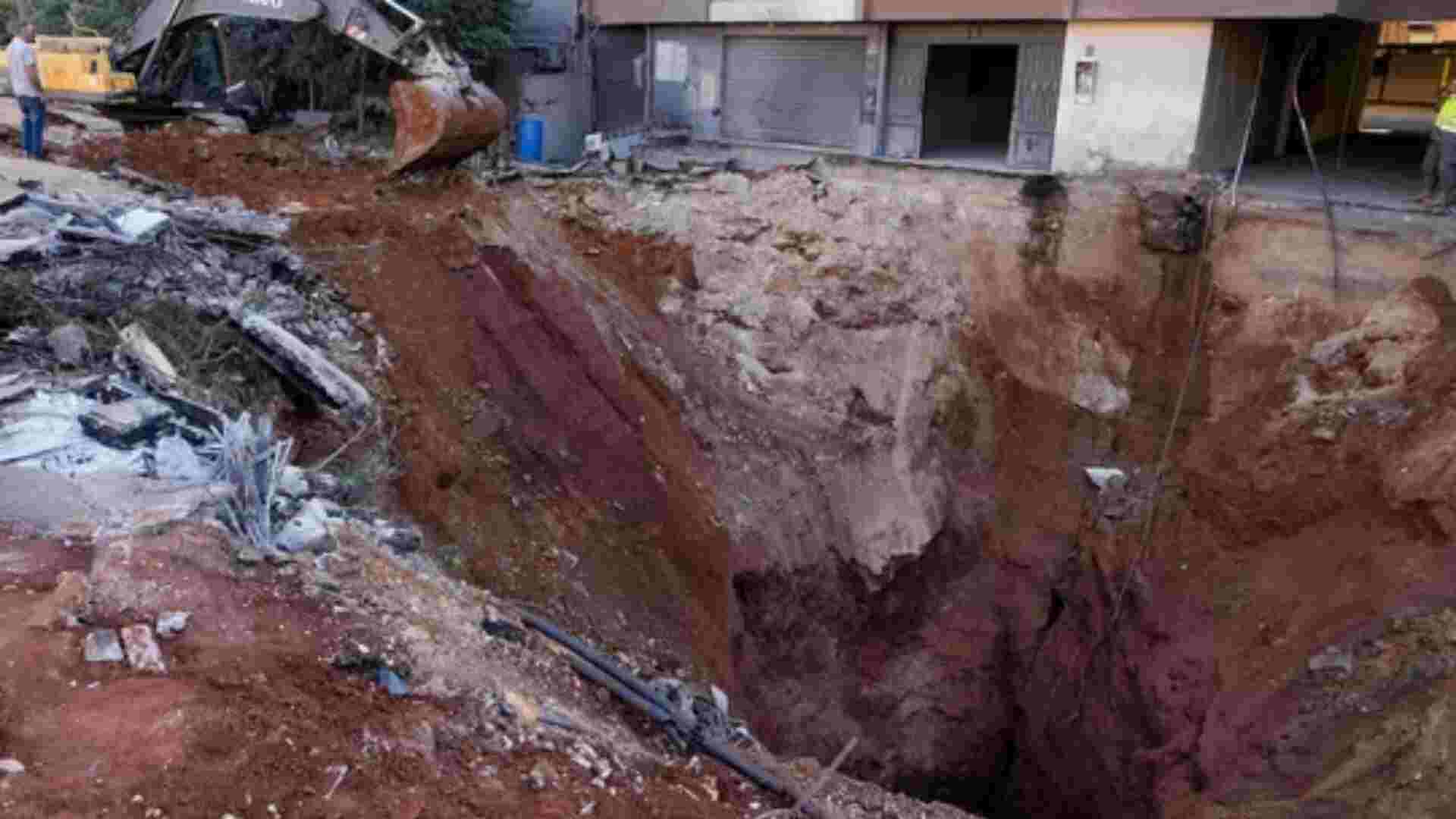Oil prices experienced a slight increase following the assassination of Hezbollah leader Hassan Nasrallah, which has heightened tensions in the Middle East. Traders are closely monitoring potential reactions from Iran.
Market Response
Brent crude oil prices climbed above $72 per barrel, while West Texas Intermediate (WTI) prices remained relatively stable. The rise in prices comes after Israel conducted an airstrike in Beirut, resulting in the death of Nasrallah. This action is considered a significant setback for Hezbollah and its Iranian backers.
Israeli Military Actions
In addition to the airstrike in Beirut, Israeli fighter jets targeted sites in Yemen. This was in response to recent attacks on central Israel carried out by Iran-backed Houthi rebels.
Iran’s Reaction
At this point, Iran does not appear eager to escalate the situation further. President Masoud Pezeshkian refrained from promising an immediate retaliation against Israel. During his first international appearance at the United Nations, he adopted a notably measured tone.























